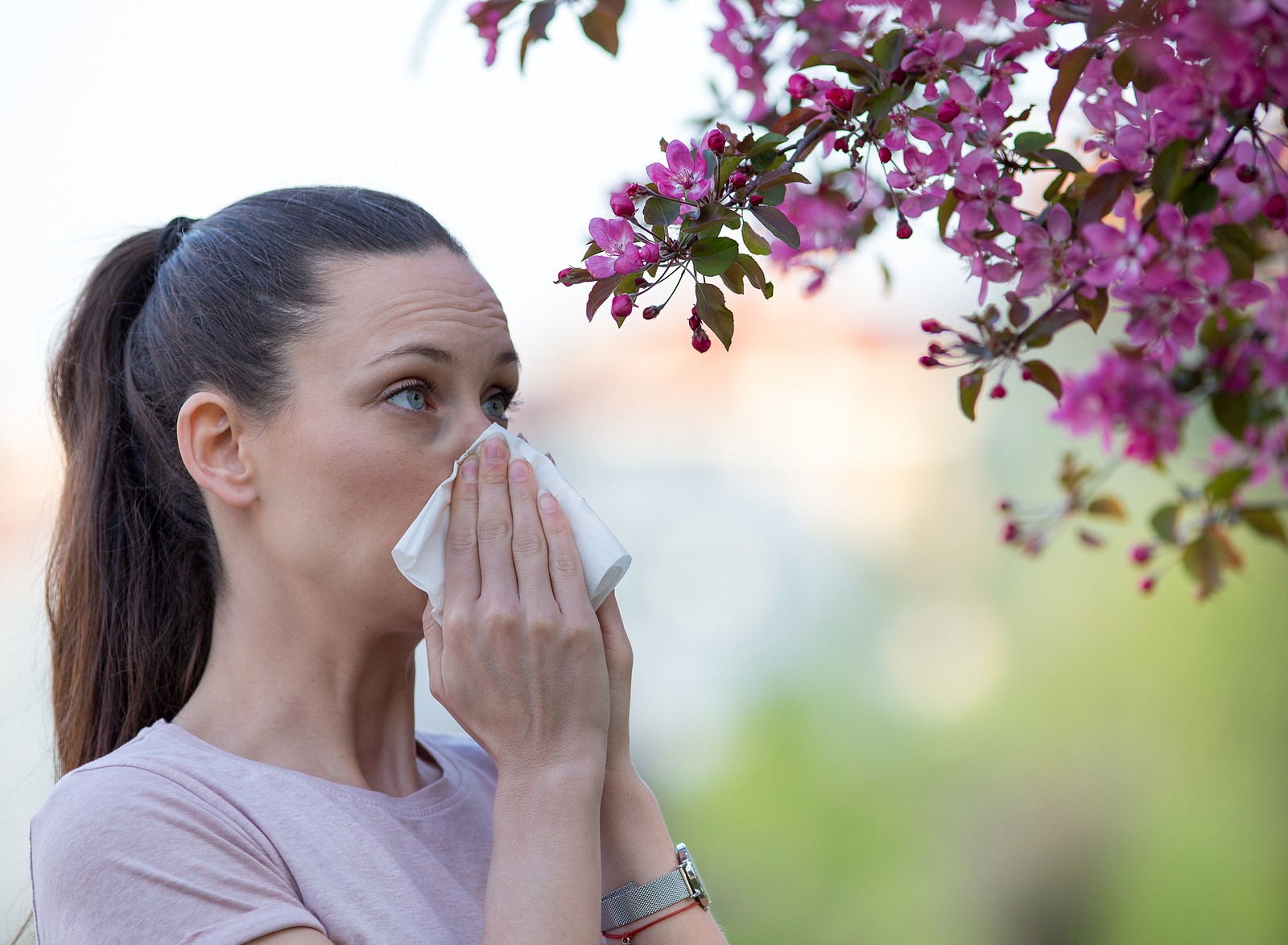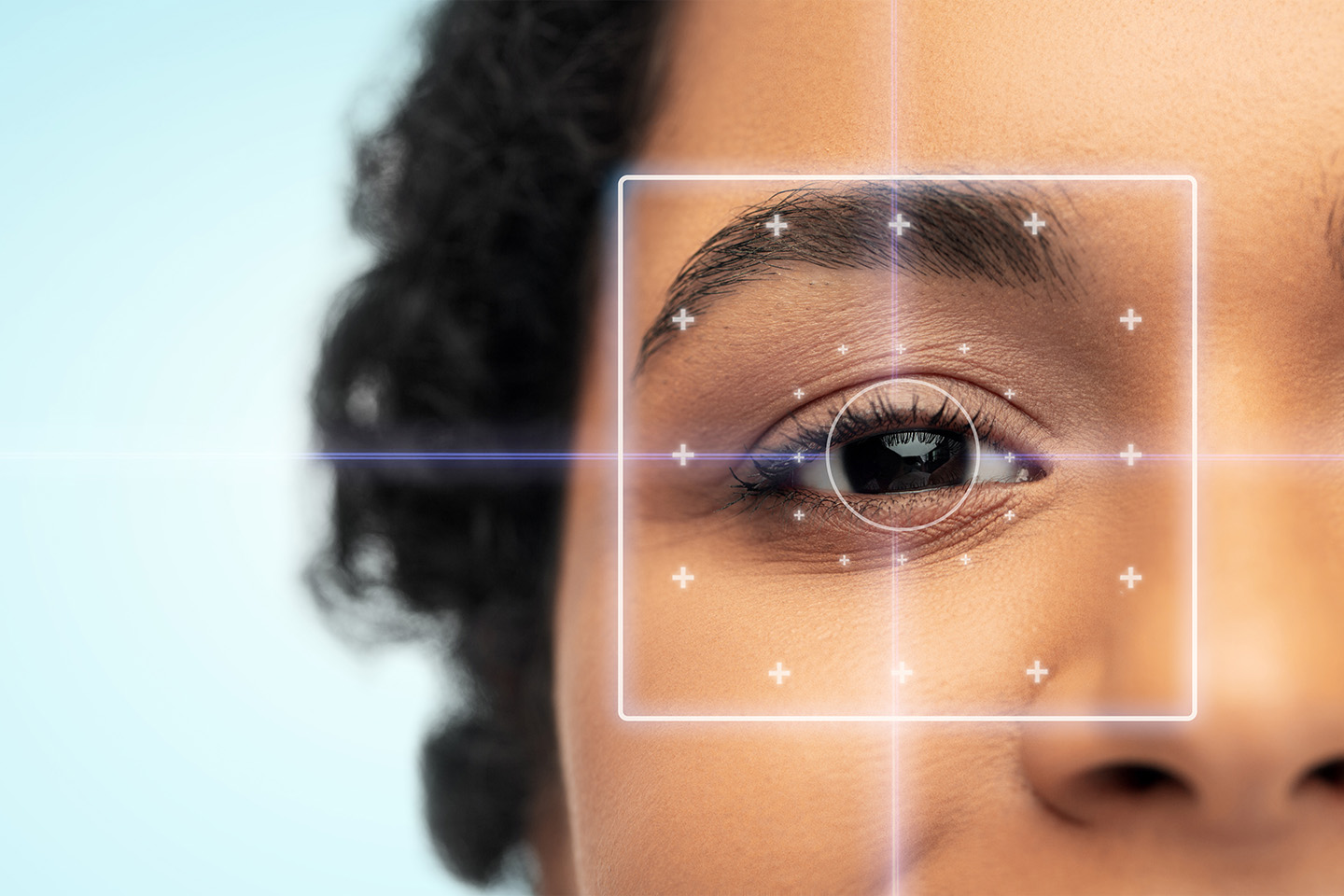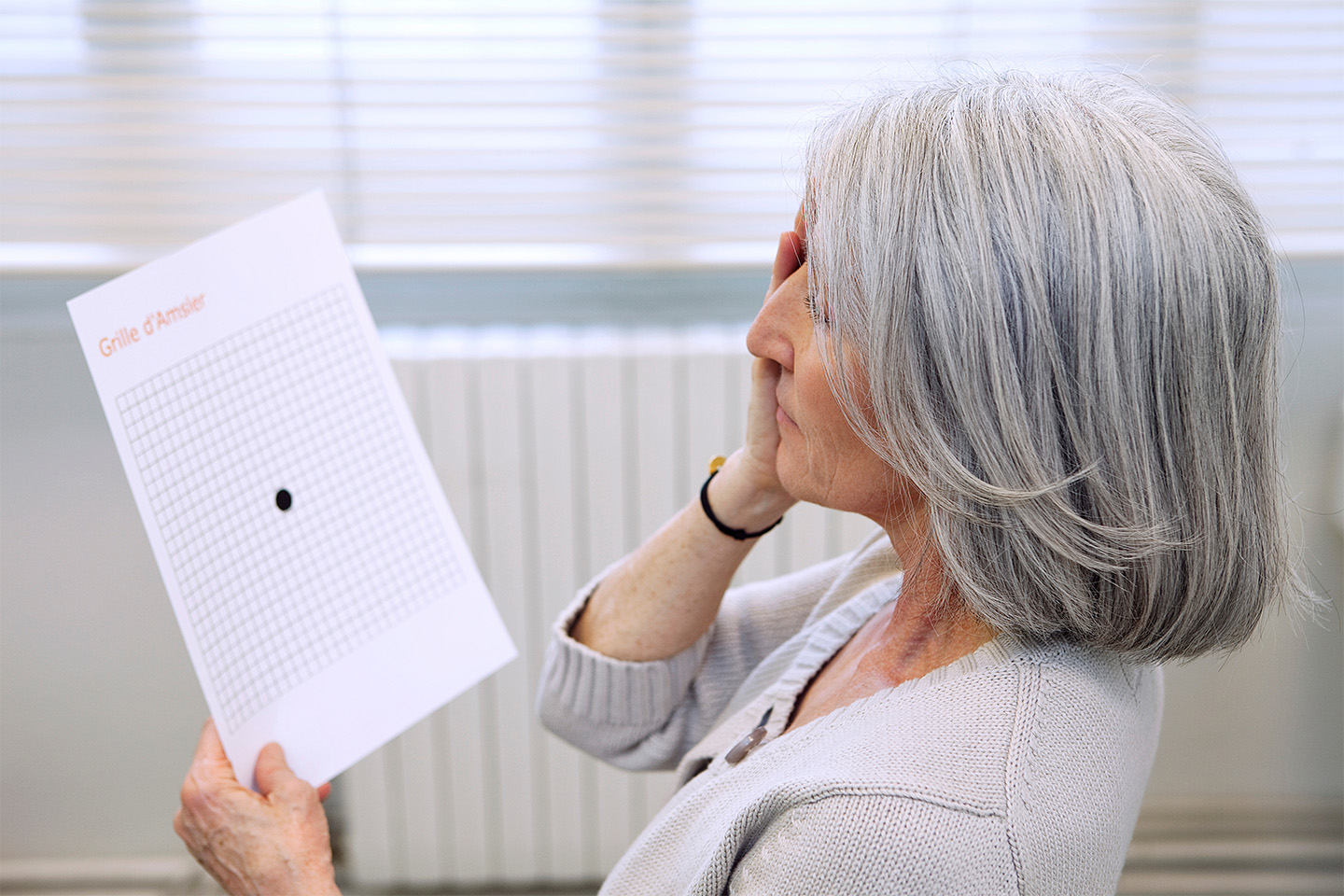When to See an Eye Doctor for Your Eye Allergies

If you suffer from eye allergies, your body’s immune system is overreacting to an environmental trigger. While other people do not have adverse reaction to dust, pollen and mold, you may have built antibodies that overreact and attach to your eyes’ mast cells. These cells release histamines, causing tiny blood vessels to react. As a result, your eyes may show symptoms of allergies.
Symptoms of eye allergies include:
- Watery eyes
- Itching
- Burning
- Redness
Sometimes, these symptoms go away on their own. However, if they persist, it’s time schedule an appointment with eye care specialists in Mesa and Chandler.
Ways to Treat Eye Allergies
You should not attempt at-home remedies without consulting your eye doctor. However, if you have artificial tears, you can try using them for temporary relief. Artificial tears wash allergens away and relieve irritation and dryness. You can find these drops at most drugstores as they do not require a prescription.
While some people suffer from allergies year-round (perennial allergies), most allergies are seasonal. For example, abundant allergens such as dust, mold and pollen flow through the air inside and outside from early spring to late summer. Pollen from weeds, trees and grass get into your sinuses, triggering allergies.
Year-round allergies occur less frequently and include allergens such as feathers, dust mites and animal dander. Some people are allergic to smoke, perfume, air pollution, cosmetics and other items.
When You Need to See the Eye Doctor
When you have eye allergy symptoms but can’t track down the source, make an appointment with one of our qualified eye doctors at Swagel Wootton Eye Institute.
Common remedies we suggest include decongestants and medicated eye drops. We might also recommend that you visit your physician to discuss allergy testing or allergy shots.
Other remedies for eye allergies include the following:
- Decongestants to reduce redness and irritation. Although they are available over the counter, you cannot use antihistamine drops long-term. So, this is a temporary measure.
- Oral antihistamines can alleviate itchy eyes. However, they can make your eyes feel even dryer.
- Antihistamine/mast-cell stabilizers are eye drops with a combination of medications in them. They contain antihistamines to reduce itchiness and mast-cell stabilizers to stop eye allergy symptoms temporarily. You can use them up to twice a day depending on your eye doctor’s advice.
- Corticosteroids also come in the form of eye drops. Steroid eye drops can treat severe eye allergies, such as constant redness, swelling and itching that affects your vision. Do not use these eye drops without medical supervision. Using them continuously or too often can have harmful effects on your eyes.
- Immunotherapy shots may work if other treatment methods failed to control your allergy symptoms. Immunotherapy shots include low doses of allergens. The dose increases over time so that your body develops immunity to targeted allergies. Your physician can provide more details on the efficacy of these shots and how to receive treatment.
Contact Swagel Wootton Eye Institute with any questions you have on alleviating the symptoms of allergies to dust, mold, pollen and other substances. Besides providing general eyecare services, we specialize in cataract and LASIK surgery in Arizona. We would be happy to discuss any questions you have regarding our services or your vision.









